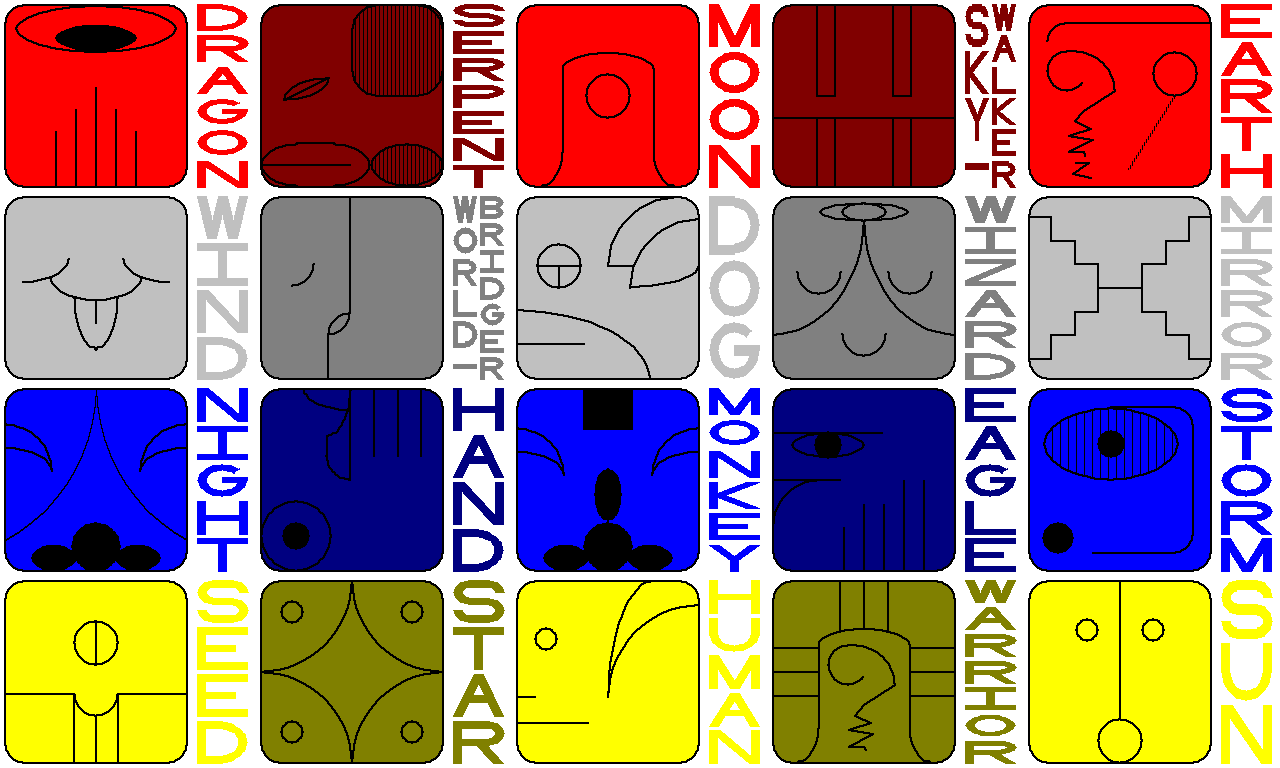 |
| Image credit: http://www.pixabay.com |
“The planet does not need more ’successful’ people. But it does
desperately need more peacemakers, healers, restorers, storytellers, and lovers
of every kind. It needs people who you have no fear of living with side by
side. It needs people of moral courage willing to join the fight to make the
world habitable and humane. And these qualities have little to do with
’success’ as we have defined it.” - David Orr
A common preoccupation is with
things that are “new”. This can apply to the technology, in which people seek
the newest gadgets or latest games, and are constantly upgrading and replacing.
It can also apply to spirituality, in which one is overly focused on what they
perceive as new concepts and energies, and as a result dislike anything
current. Certainly such spiritual activities are valuable, and there are many
souls who are (whether publicly or behind the scenes) dedicated workers helping
to bring needed changes, however there are positive and not-so-positive ways of going about
it.
First, new is not necessarily
better, as anybody who’s dealt with challenging software “upgrades” can attest
to. ;-) A focus upon the new or on the future can become a distraction from what’s
real in the here and now, and one can miss the beauty of the current situation and
what can be learned from it. Preoccupation can result in a “spiritual
materialism”, in which one is always seeking the latest and greatest thing,
discarding what was previously new like how a socialite throws out last month's fashions because they’re no longer the “in” thing.
Similar to the initial quote
above, ultimately we don’t need “new” things. What we really need is to better
work with the many things we already have. There are already plenty of
interesting ideas that have been conceived, enlightening books that have been
written, and valid spiritual paths out there. Esoteric studies aren’t called
the “Ancient Wisdom” for nothing! We need more people to actually realize and properly
live some of these paths. Being yet another organic farmer living off the grid
isn’t new and won’t make you famous, but our planet definitely benefits from
it.
Sometimes people try to
appropriate new ideas, and see themselves as the “owner” of them. As a result,
they either try to personally overprofit from an idea, or bask in the glory seeing
themselves as some great and unique Teacher who has enlightened the masses.
Either way, they tend to resist others who have the same or similar ideas,
suggesting they’re stealing or corrupting “their” idea.
In general, nobody owns ideas. It
turns out you can’t patent an idea, but only a specific implementation of an
idea. Some people dream to invent an idea and sell it for millions. It’s
easy to visualize how the world would be better if only everybody did this or
used that item. Certainly the initial idea is important, but that’s only the
first step of many toward real evolution. Creating something new is 10% initial
inspiration and 90% further perspiration.
Any idea or concept is built on
top of many ideas that have come before. For example, the concept of “Facebook”
wouldn’t exist if it weren’t for social media, which wouldn’t exist if the idea
of the internet weren’t present, which depends on computers, which depend on transistors,
electricity, and so on. Bringing forth a new idea is great, but anybody who
does so should realize that they’re “standing on the shoulders of giants”. Every
concept from iPhones to the Oneness of Humanity is really the next bead on a very
long string, or “an idea whose time has come”. As a result, people don’t really
invent or own ideas, as much as they’re group participants in the ongoing evolutionary
wave of the human race.
Many ideas are received by
multiple people at roughly the same time. There are stories of the patent
office receiving applications for similar ideas simultaneously, from people
who were unaware of each other. People are like individual trees in a forest,
and the light of the Divine shines upon the whole forest, causing all trees to
grow. Certainly some trees are older or healthier than others, and may receive
and express in a clearer fashion, but ultimately what’s taking place is not about
some separate tree in its own little world, but is about the forest as a whole. ♥














